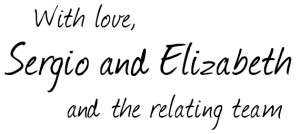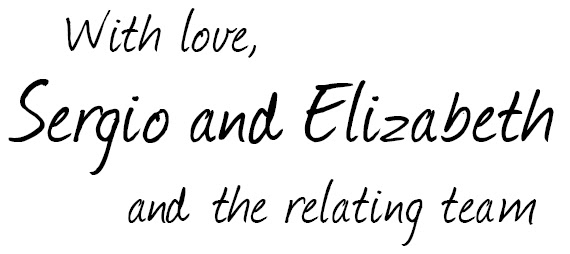Bruegel’s painting of the blind leading the blind would be ridiculous if it was not so true. In this age of information our ears are often full with news and advice that comes at us from all sides, fighting for our attention and engagement. It is so important to stop and take a deep breath and to re-asses who and what is informing our lives. We can decide who to hear from more and who to hear from less.
So much of our awareness is shaped by pace-setters, ground-breakers, artistes and people who shock us with the new. Following, liking and linking with them can make us feel all-powerful in making choices, but where do they lead us? Where were we lead last year? Did they lead us somewhere fulfilling? Did they lead us somewhere more authentic? Maybe. Maybe not.
The risk we need to take in becoming ourselves is not following any media personality but taking a chance and following our divine artist and friend. The one who really knows us because he made us. The one who has our best interest at heart and is willing to walk through anything with us to help us become truly ourselves.














